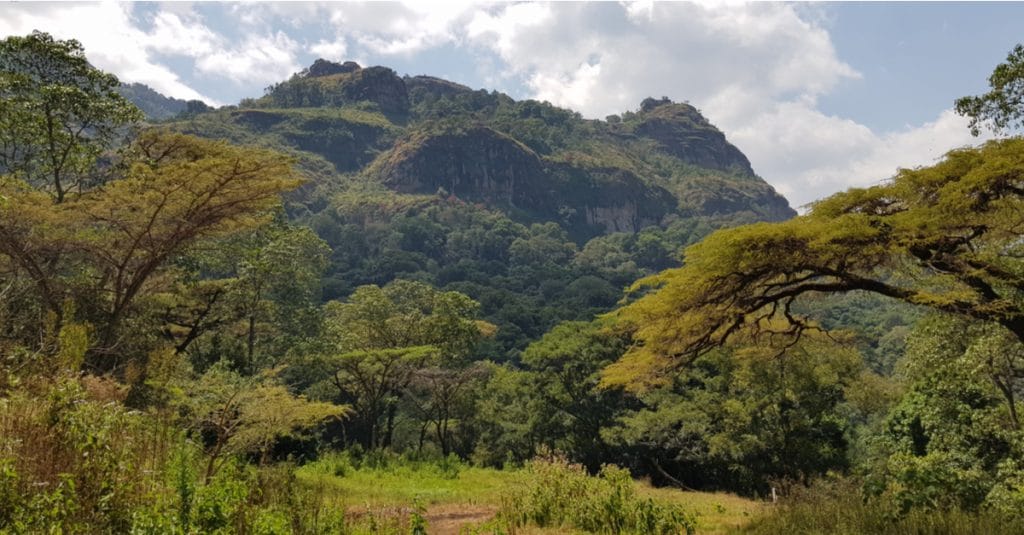The United Nations Educational, Scientific and Cultural Organization’s (UNESCO) Man and the Biosphere (MAB) Committee in Ghana presented a manual on the biosphere reserve concept on December 21, 2021 in Accra, the capital of Ghana. The 47-page document proposes solutions for taking the biosphere into account in Ghana’s development planning and budgeting process at all levels, as a basis for sustainable financing of its activities.
To this end, the Atiwa Forest Reserve in the southwest of the country and 16 other sites were identified as future nominations to the UNESCO World Network of Biosphere Reserves. The selected sites also include the Shai Hills Reserve, Kakum, Mole, Digya and Bui National Parks and the Gbele Resource Reserve. The Tano-Ofei Range, Apedwa Hills, Kwahu Escarpment, Kyaboo Transboundary Reserve and Mount Afadzato and Agumatsa Wildlife Sanctuary are also among the sites.
According to the UN organization, biosphere reserves are “learning places for sustainable development. They are sites for testing interdisciplinary approaches to understanding and managing changes and interactions between social and ecological systems, including conflict prevention and biodiversity management. They are places that provide local solutions to global problems.
Already three biosphere reserves recognized
To ensure the sustainability of these biosphere reserves, the conceptual manual calls for mainstreaming activities such as communication and information sharing about the reserves, capacity building of eco-guards, consistent allocation of funds for biosphere-related activities and effective stakeholder engagement.
Lire aussi-GHANA: Atewa Forest Reserve under threat from bauxite exploitation
According to Dennis Aheto, chair of the UNESCO National Committee’s subcommittee on Man and the Biosphere (MAB), of the network of 727 biosphere reserves in 131 countries around the world, Ghana hosts three. These are the Bia Biosphere Reserve, the largest, located in the Western Region, the Songor Ramsar site in Greater Accra and the Lake Bosomtwe Biosphere Reserve in the Ashanti Region, central Ghana.
Boris Ngounou
